Home>Garden Essentials>How Long Does It Take For Pepper Seeds To Sprout
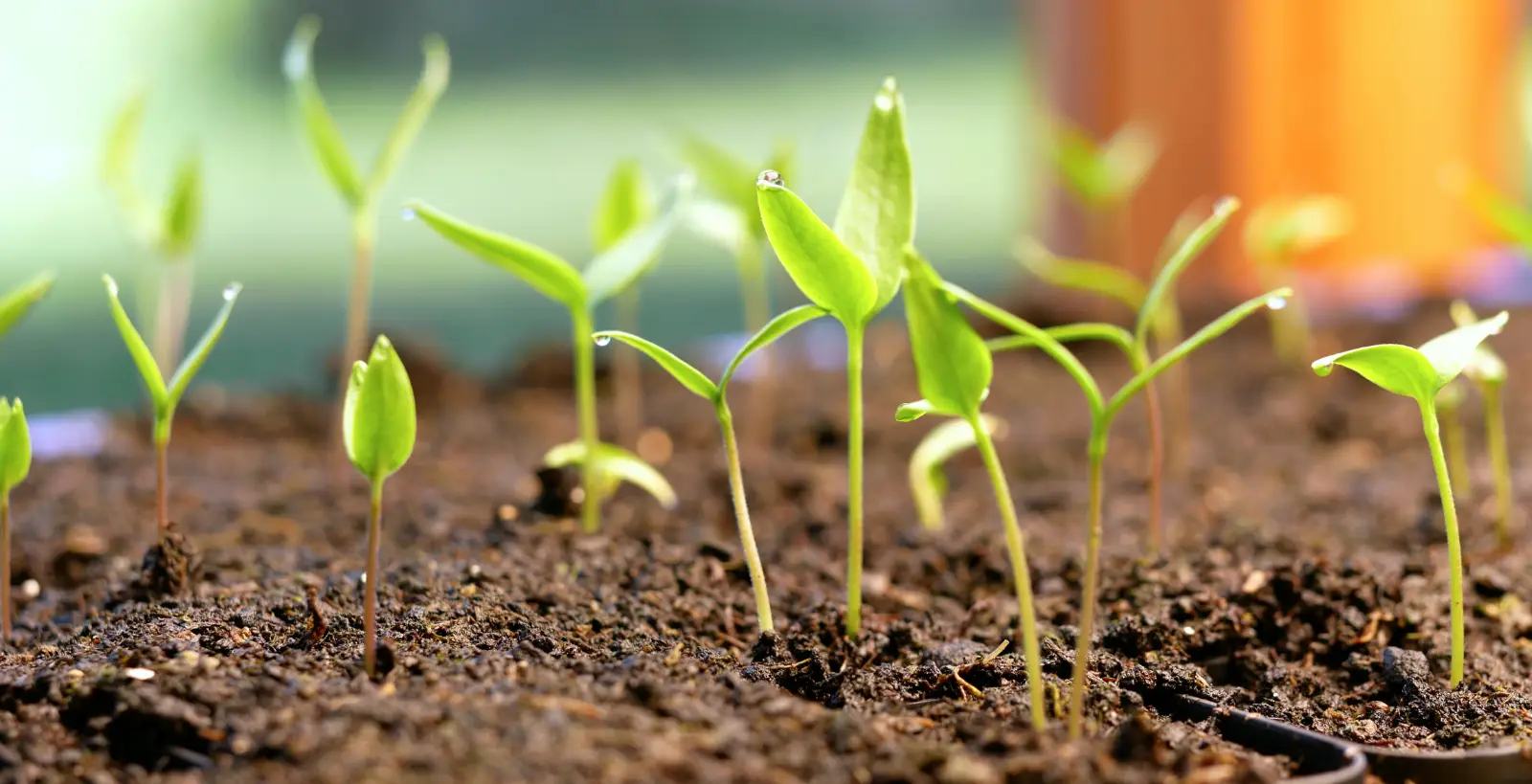

Garden Essentials
How Long Does It Take For Pepper Seeds To Sprout
Modified: May 6, 2024
Discover how long it takes for garden pepper seeds to sprout and start growing. Expert tips and insights for successful gardening.
(Many of the links in this article redirect to a specific reviewed product. Your purchase of these products through affiliate links helps to generate commission for Storables.com, at no extra cost. Learn more)
Introduction
Gardening enthusiasts are often eager to see their pepper seeds sprout and grow into healthy plants. Whether you’re planning to cultivate bell peppers, jalapenos, or any other variety of peppers, understanding the germination process is crucial to ensure successful seedling development. In this article, we will explore the factors that affect pepper seed germination and the average time it takes for pepper seeds to sprout. We will also provide some tips and techniques to enhance germination rates, as well as solutions to common issues that may arise during the process.
Pepper seeds are highly resilient and can germinate in a variety of conditions, but optimal conditions can significantly speed up the germination process. By providing the right environment, you can minimize potential setbacks and enjoy a bountiful harvest of delicious homegrown peppers.
So, whether you’re a seasoned gardener looking for new insights or a beginner attempting to grow peppers for the first time, let’s dive into the fascinating world of pepper seed germination!
Key Takeaways:
- Patience is key when waiting for pepper seeds to sprout, as it can take 7 to 14 days on average. Different varieties may have longer germination times, so be patient and monitor conditions.
- Providing the right environment with optimal temperature, moisture, and soil quality can enhance pepper seed germination. High-quality seeds and proper care are essential for successful sprouting.
Read more: How Long Does A Seed Take To Sprout
Factors Affecting Pepper Seed Germination
Several factors play a significant role in the germination of pepper seeds. Understanding these factors can help you create the ideal conditions for successful germination. Here are the key factors to consider:
- Temperature: Pepper seeds require a warm environment to germinate. The optimal temperature range for pepper seed germination is between 75°F to 85°F (24°C to 29°C). Lower temperatures can slow down germination, while temperatures above 90°F (32°C) can inhibit germination or cause poor seedling development.
- Moisture: Adequate moisture is crucial for seed activation and germination. It is essential to keep the soil moist but not overly saturated. Overwatering can lead to root rot and hinder seedling emergence.
- Light: Unlike some other plant species, pepper seeds do not require light for germination. In fact, they actually germinate better in darkness. It is best to sow pepper seeds at a depth of 1/4 to 1/2 inch in the soil to shield them from light.
- Soil Quality: The quality of the soil plays a vital role in pepper seed germination. Opt for a well-draining soil mix enriched with organic matter. This will ensure good aeration, moisture retention, and nutrient availability for the seeds.
- Seed Quality: The quality of the pepper seeds can significantly impact germination rates. Always choose high-quality seeds from reputable sources to increase the chances of successful germination.
By providing the right combination of temperature, moisture, and soil conditions, you can create an ideal environment for pepper seed germination. It’s important to note that different pepper varieties may have slightly different preferences, so be sure to research the specific requirements of the peppers you are cultivating.
Average Germination Time for Pepper Seeds
The germination time for pepper seeds can vary depending on several factors, including the variety of pepper, environmental conditions, and seed quality. On average, pepper seeds take around 7 to 14 days to germinate.
However, it is important to note that some pepper varieties, such as hot peppers like habaneros or ghost peppers, may have a longer germination time. These varieties may take up to 2 to 3 weeks or even longer to sprout. On the other hand, sweet pepper varieties, such as bell peppers, tend to have a faster germination time.
Germination time can also be influenced by the temperature in which the seeds are kept. Higher temperatures within the optimal range of 75°F to 85°F (24°C to 29°C) can expedite germination, while lower temperatures can slow it down. Keep in mind that cooler temperatures can also increase the risk of fungal growth, so maintaining an ideal temperature is crucial.
Additionally, proper moisture levels also contribute to the germination time. If the soil is too dry, it can delay or inhibit germination. On the other hand, overwatering can lead to rot and other issues. Finding the right balance by keeping the soil consistently moist, but not waterlogged, will help ensure optimal germination.
It’s essential to be patient during the germination process as some seeds may take longer to sprout than others. Keep providing the necessary conditions and monitor the progress regularly. If you have not seen any signs of germination after the expected time, it’s worth reevaluating the conditions or the quality of the seeds.
Remember that germination is just the beginning of the pepper plant’s life cycle. After the seeds have sprouted, it will take additional time for the seedlings to develop and grow into healthy plants capable of producing peppers. With proper care and nurturing, you’ll soon be enjoying a bountiful harvest of flavorful peppers from your garden!
Pepper seeds usually take 7-14 days to sprout. Keep the soil consistently moist and provide warmth for quicker germination.
Steps to Enhance Pepper Seed Germination
If you want to increase the germination rate and success of your pepper seeds, here are some steps you can follow:
- Start with high-quality seeds: Choose fresh, high-quality pepper seeds from reputable sources. Look for seeds that are plump, firm, and without any signs of damage or mold.
- Pre-soaking: Some gardeners find pre-soaking pepper seeds in warm water for 12 to 24 hours before sowing can help jumpstart germination. This step can soften the seed coat and increase water absorption.
- Prepare the soil: Use a well-draining soil mix that is rich in organic matter. Fill seed trays or containers with the prepared soil, ensuring it’s moist but not waterlogged.
- Sow the seeds: Make small indentations in the soil using your finger or a pencil. Place one or two seeds in each indentation, covering them with a thin layer of soil. Space the seeds according to the specific recommendations for the pepper variety being grown.
- Provide optimal conditions: Place the seeded trays or containers in a warm location with temperatures ranging between 75°F to 85°F (24°C to 29°C). Ensure the seeds receive adequate moisture by misting the soil or covering the containers with plastic wrap to create a humid environment.
- Monitor and maintain moisture: Check the soil moisture regularly and ensure it remains consistently moist. Avoid overwatering, which can lead to fungal growth and rot. Using a spray bottle or mister can help provide a gentle and controlled amount of moisture.
- Keep in darkness: Pepper seeds germinate best in darkness, so it is recommended to cover the seeded trays or containers with a dark cloth or plastic wrap to shield them from light.
- Be patient and maintain consistent conditions: Germination can take anywhere from 7 to 14 days, and sometimes even longer for certain pepper varieties. It’s important to be patient and maintain the optimal temperature and moisture levels throughout the germination period.
By following these steps, you can create the ideal conditions for pepper seed germination and increase the chances of successful sprouting. Remember to label your containers, so you know which variety of peppers you’re growing. Once the seedlings have emerged, provide them with proper care, including adequate light, water, and nutrients, to ensure healthy growth.
Enhancing germination rates is the first step toward growing robust and productive pepper plants. Take joy in the process and look forward to the satisfaction of harvesting your own homegrown peppers!
Common Issues and Troubleshooting
While germinating pepper seeds can be an exciting and rewarding experience, it’s not uncommon to encounter some challenges along the way. Here are some common issues you may face during germination and some troubleshooting tips to help you overcome them:
- Slow or uneven germination: If your pepper seeds are taking longer than expected to germinate or if germination is uneven, the most likely culprit is suboptimal temperature. Ensure that the seeds are kept in a warm environment within the recommended temperature range. If necessary, consider using a seed-starting heat mat to provide consistent warmth.
- Fungal growth or damping-off: Overwatering and poor air circulation can lead to fungal growth or damping-off, a condition where seedlings wilt and collapse at the base. To prevent this issue, avoid excessive moisture on the soil surface, and ensure proper ventilation. Watering from the bottom or using a fan to circulate air can also help mitigate fungal problems.
- Poor seedling growth or yellowing leaves: If your seedlings are not growing well or have yellowing leaves, it may be due to insufficient light. Adequate light is crucial for healthy seedling development. Ensure that your pepper seedlings receive at least 12 to 16 hours of bright light each day. Consider using grow lights if natural light is limited.
- Seed rot or failure to sprout: If your pepper seeds show signs of decay or have failed to sprout, it could be due to poor seed quality or incorrect storage conditions before planting. Make sure to acquire fresh, high-quality seeds and store them in a cool, dry place before use.
- Insect pests: Some pest insects, such as aphids or whiteflies, can damage pepper seedlings. Monitor your plants regularly and take appropriate measures to control pest infestations. Insecticidal soaps or organic pest control methods can be effective in managing these issues.
It’s important to address these issues promptly to ensure successful pepper seed germination and proper seedling development. Regularly observe your seedlings, make adjustments to environmental conditions as needed, and be proactive in managing any problems that arise.
Remember, gardening is a learning process, and even experienced gardeners face challenges from time to time. Don’t be discouraged if you encounter issues along the way. With patience, perseverance, and proper troubleshooting, you can overcome these obstacles and enjoy a successful pepper growing experience.
Read more: How Long Does It Take Chia Seeds To Sprout
Conclusion
Growing peppers from seed can be a rewarding and fulfilling experience. By understanding the factors that affect pepper seed germination and implementing the necessary steps to enhance the process, you can increase your chances of success. Remember, pepper seeds need optimal moisture, temperature, and soil conditions to sprout and develop into healthy seedlings.
Be patient and provide the right environment for your pepper seeds, and they will reward you with vibrant growth and eventually, a bountiful harvest of flavorful peppers. Pay attention to common issues such as slow germination, fungal growth, or insect pests, and address them promptly using appropriate troubleshooting techniques.
Remember that gardening is a journey of learning and experimentation. Each season brings new insights and opportunities for improvement. Embrace the process and enjoy the satisfaction of nurturing and witnessing the transformation of tiny seeds into beautiful pepper plants.
So go ahead and embark on your pepper growing adventure. With the right knowledge and a little bit of TLC, you’ll soon be savoring the taste of homegrown peppers straight from your garden!
Ready to take your gardening skills up a notch? If you've mastered the art of sprouting pepper seeds, why stop there? Dive into our comprehensive guide on how to nurture a flourishing vegetable garden. You'll find practical advice on everything from soil preparation to plant care, ensuring your veggies thrive. Don't miss out on transforming your green space into a bountiful harvest!
Frequently Asked Questions about How Long Does It Take For Pepper Seeds To Sprout
Was this page helpful?
At Storables.com, we guarantee accurate and reliable information. Our content, validated by Expert Board Contributors, is crafted following stringent Editorial Policies. We're committed to providing you with well-researched, expert-backed insights for all your informational needs.
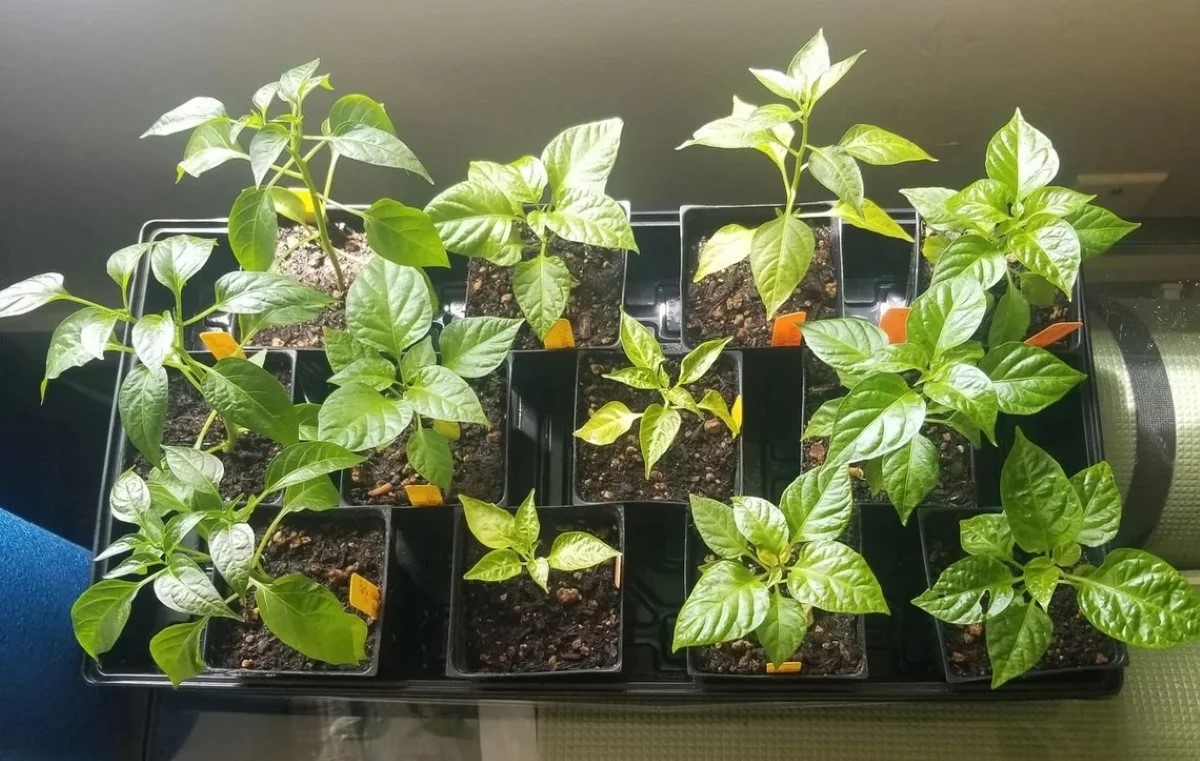
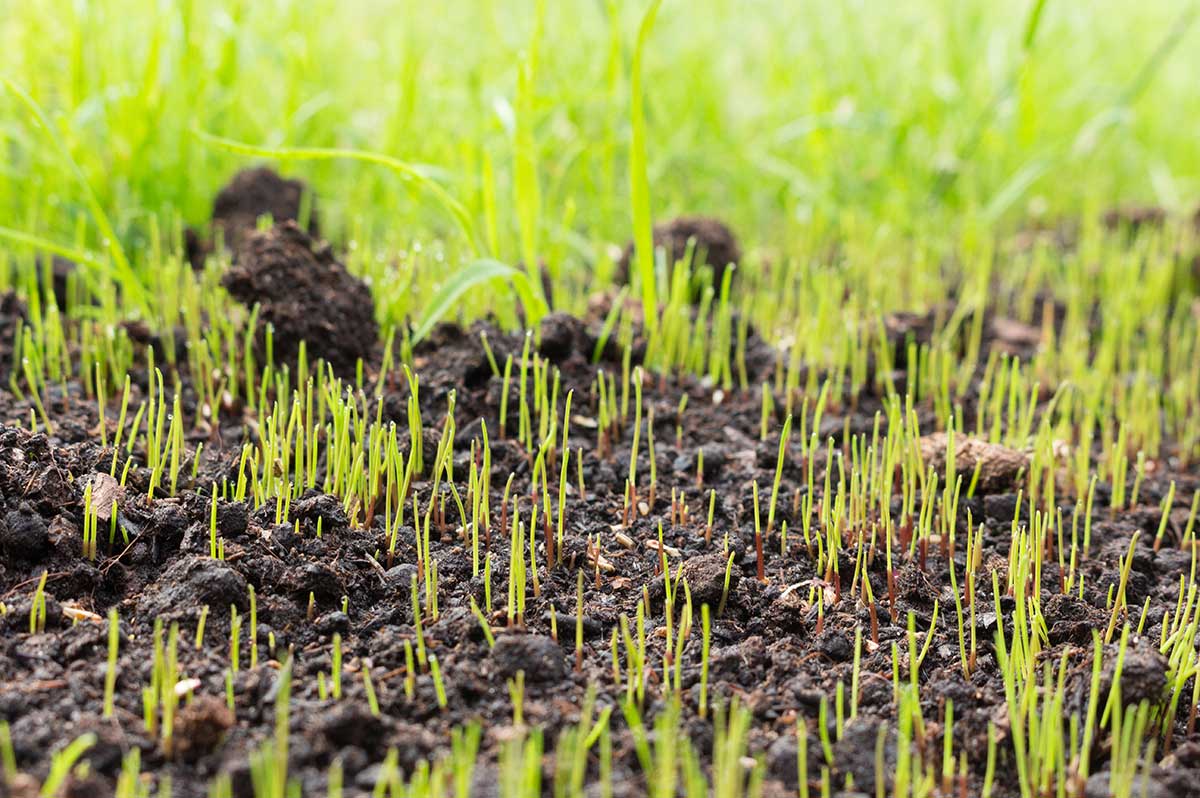
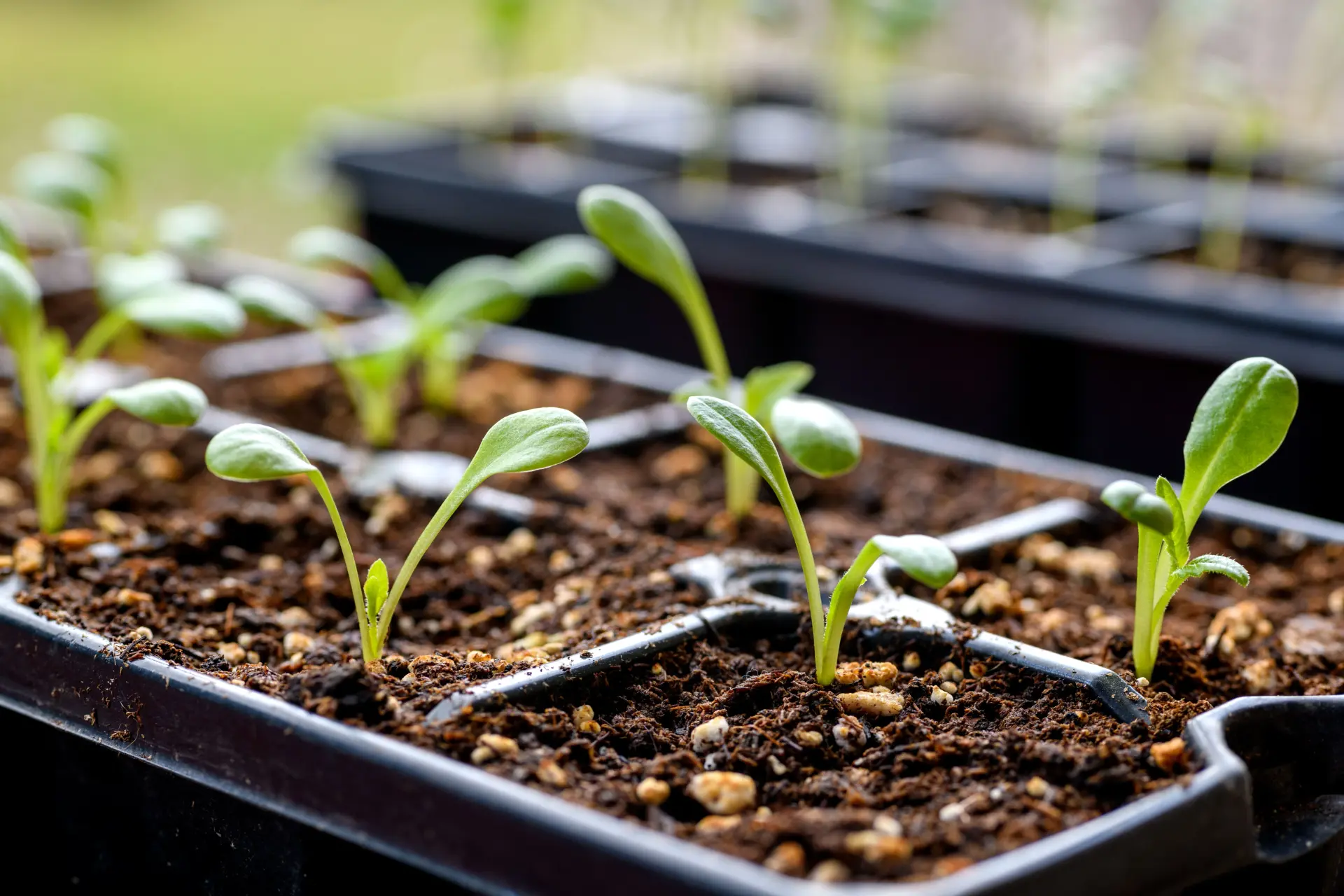
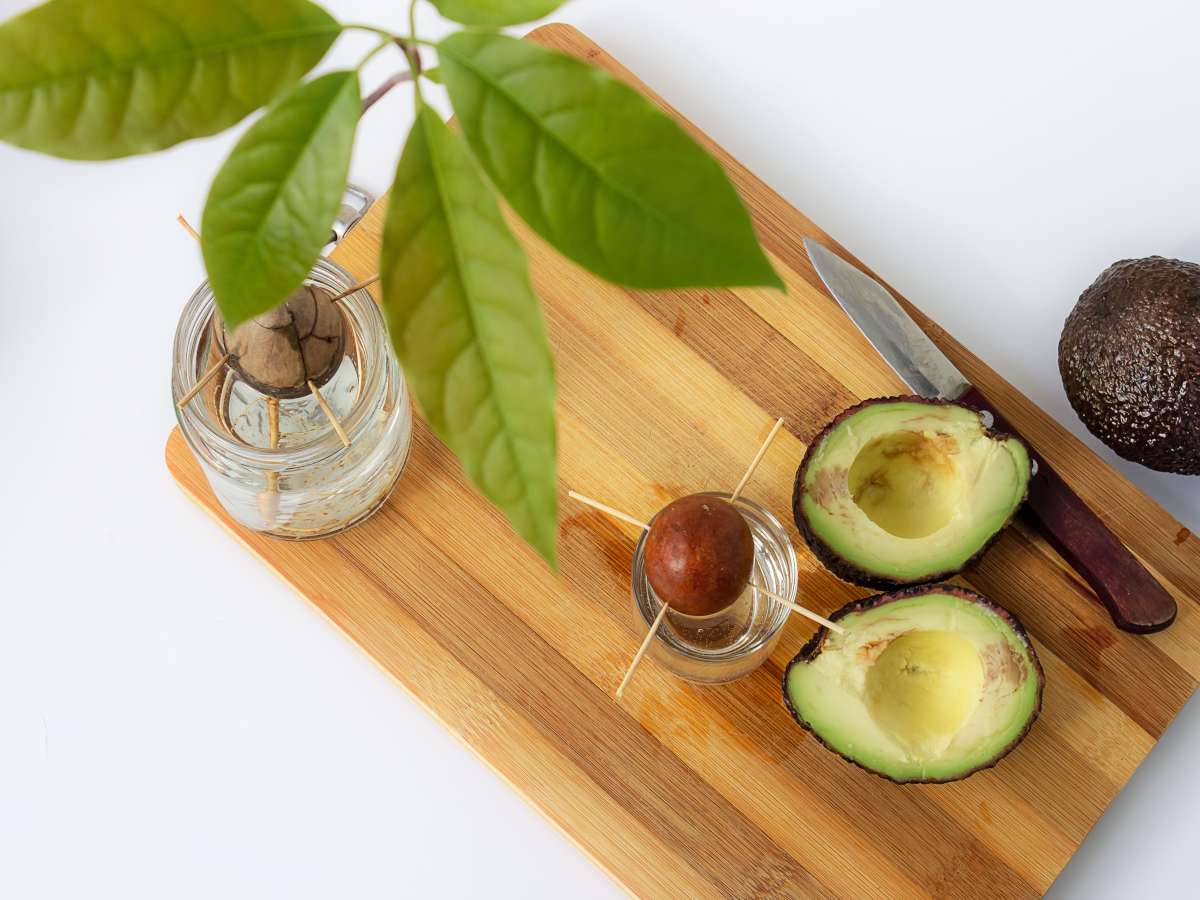
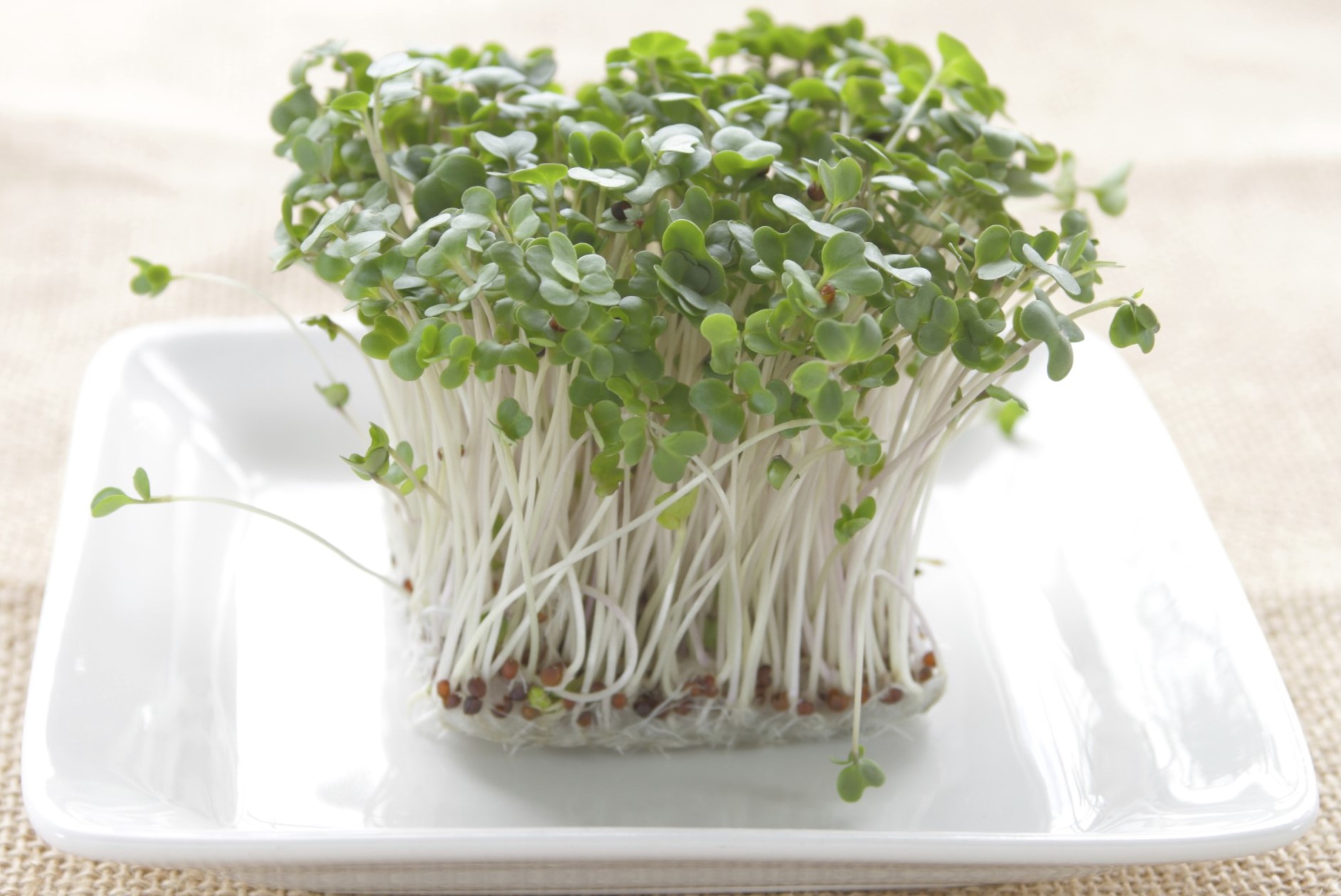
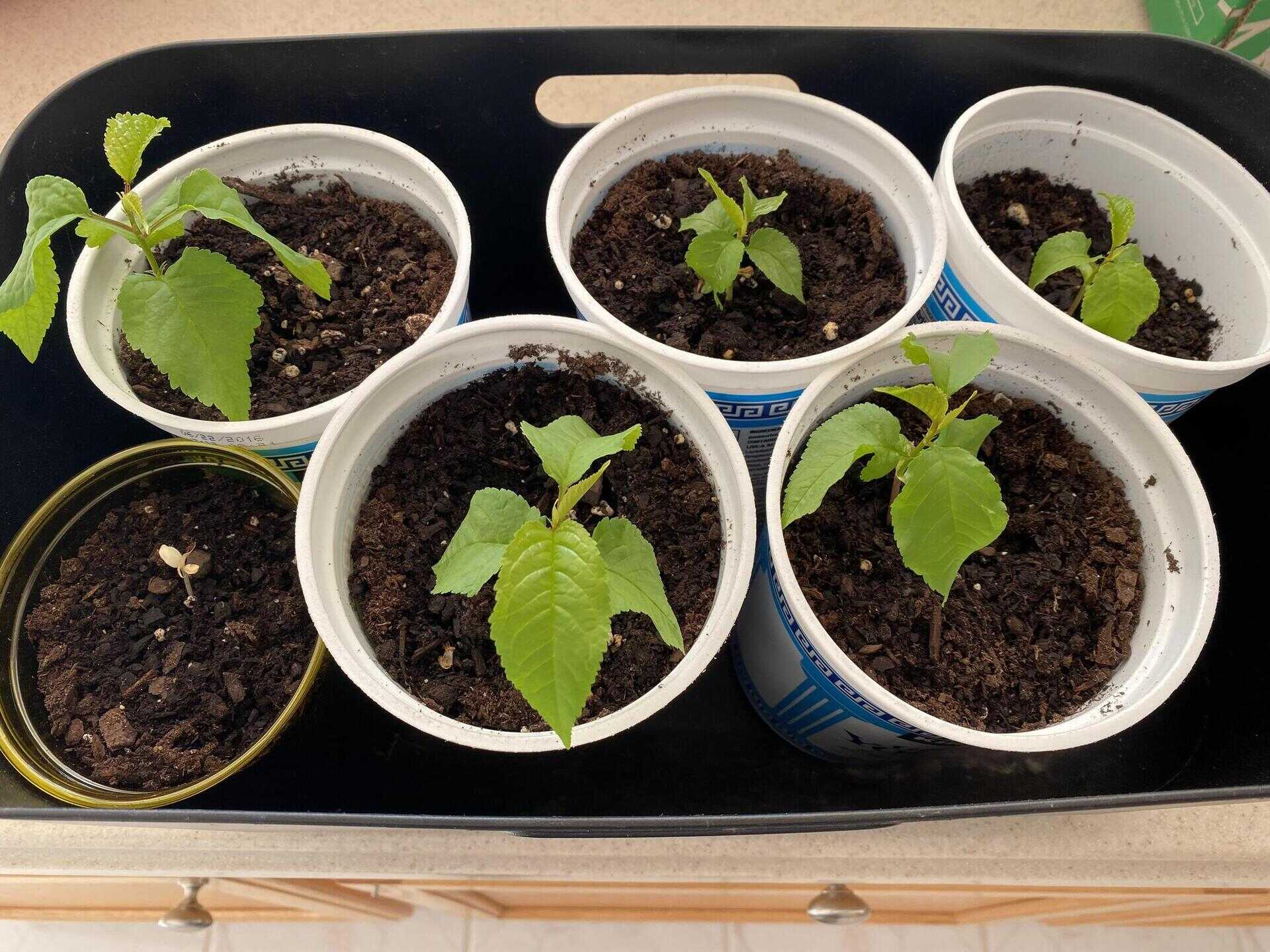
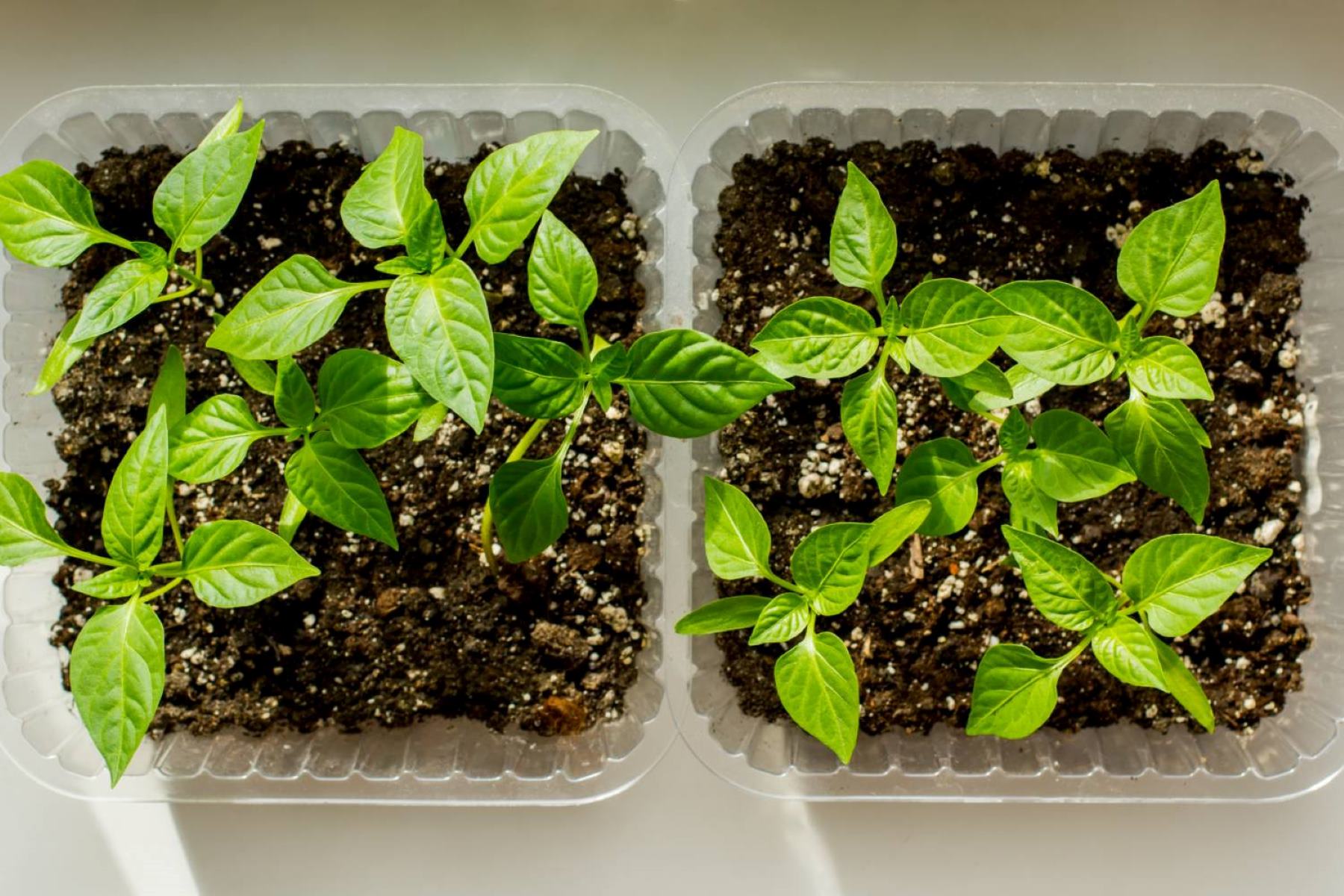
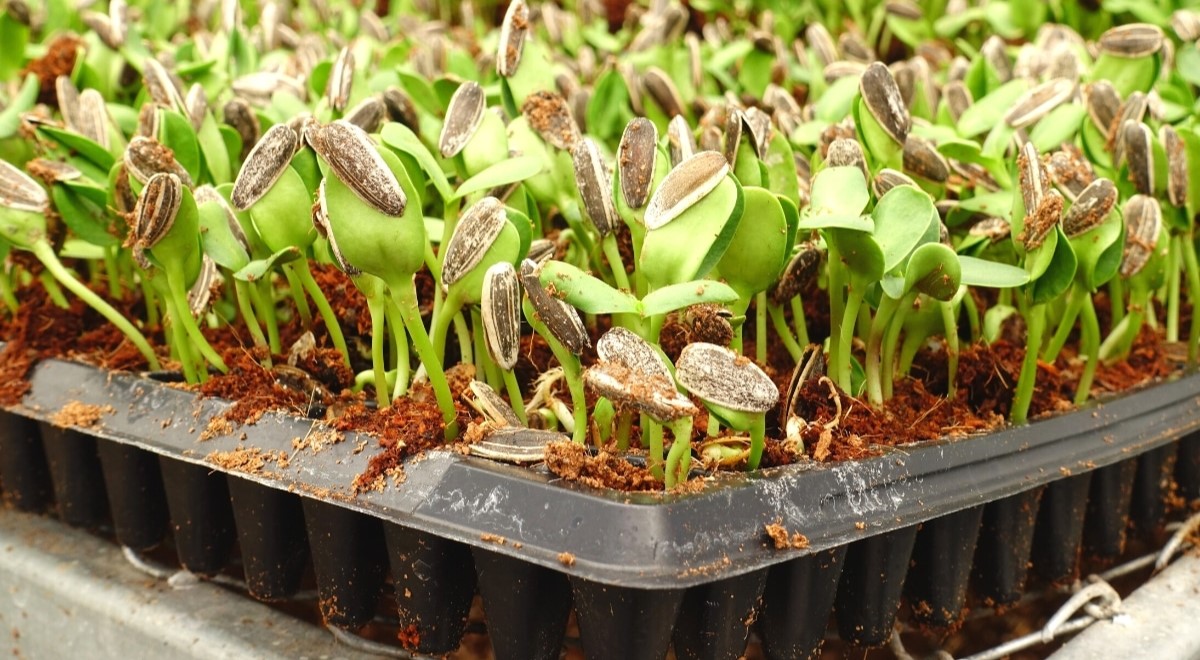
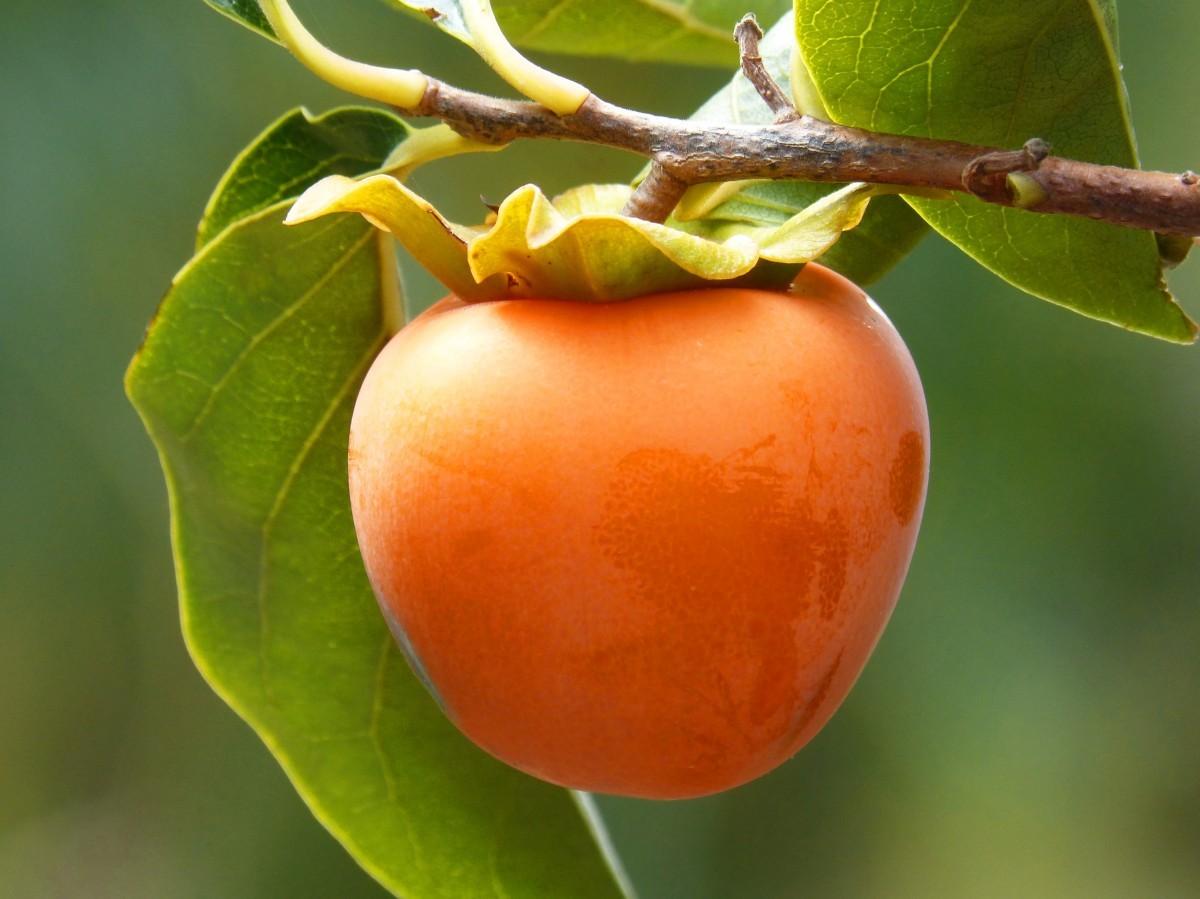
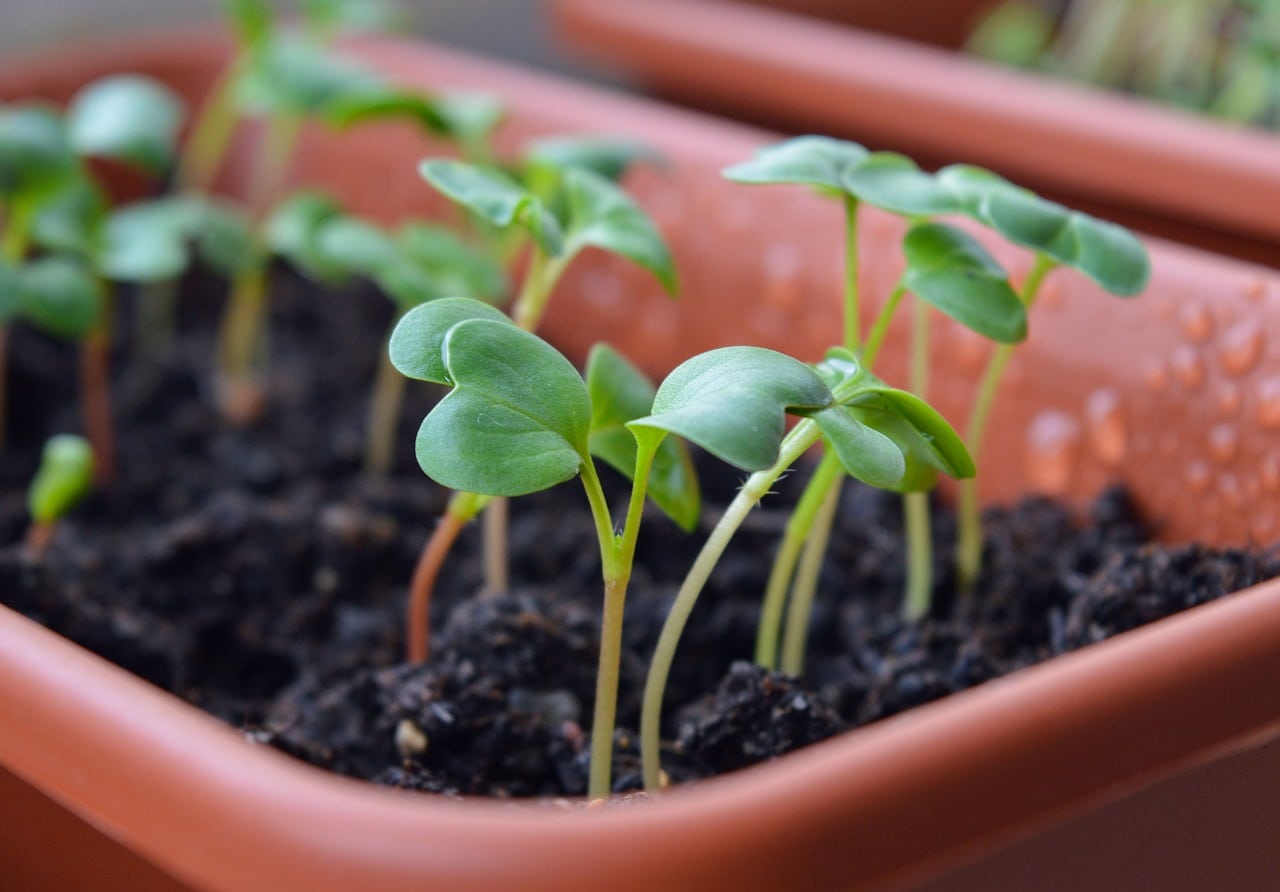
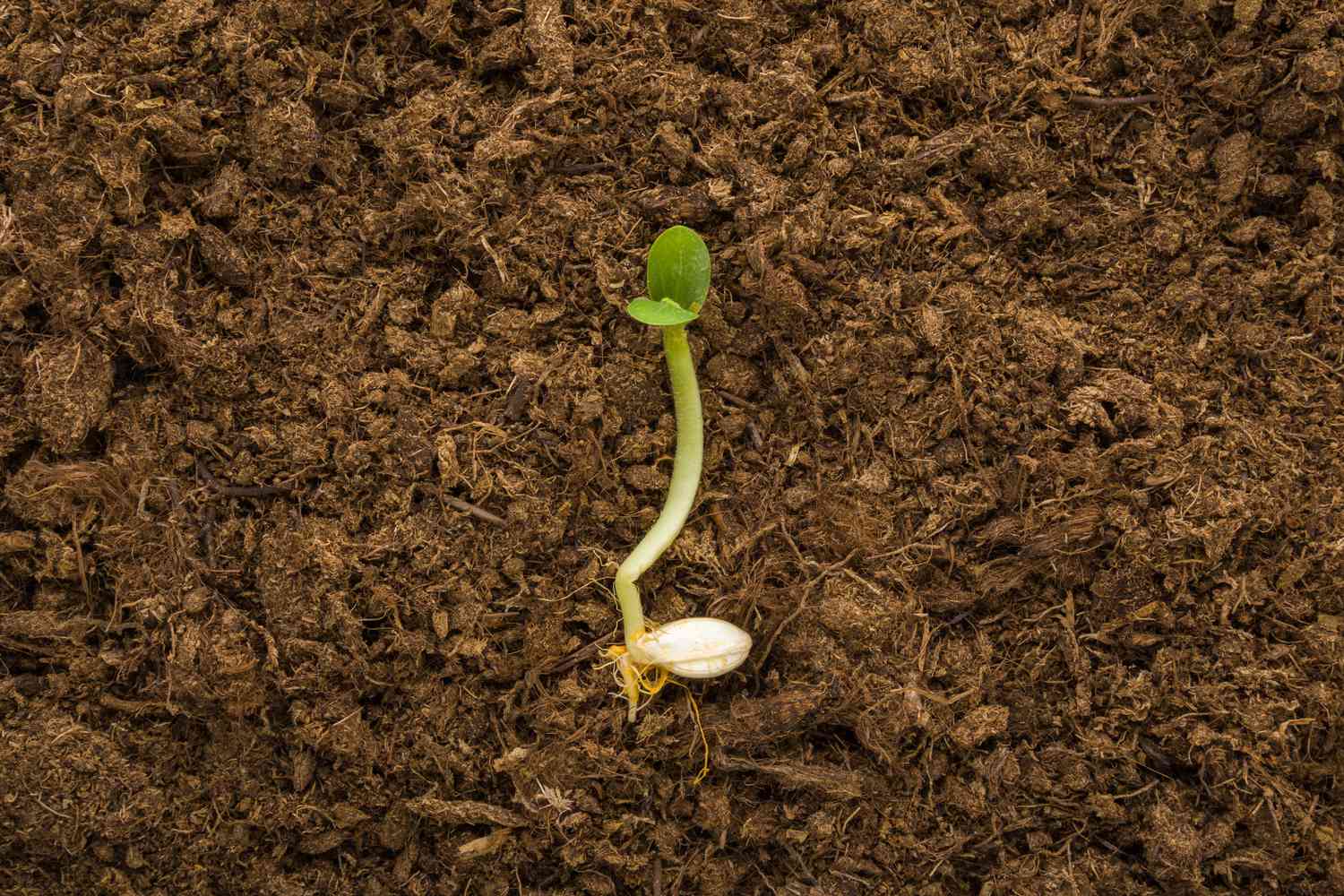
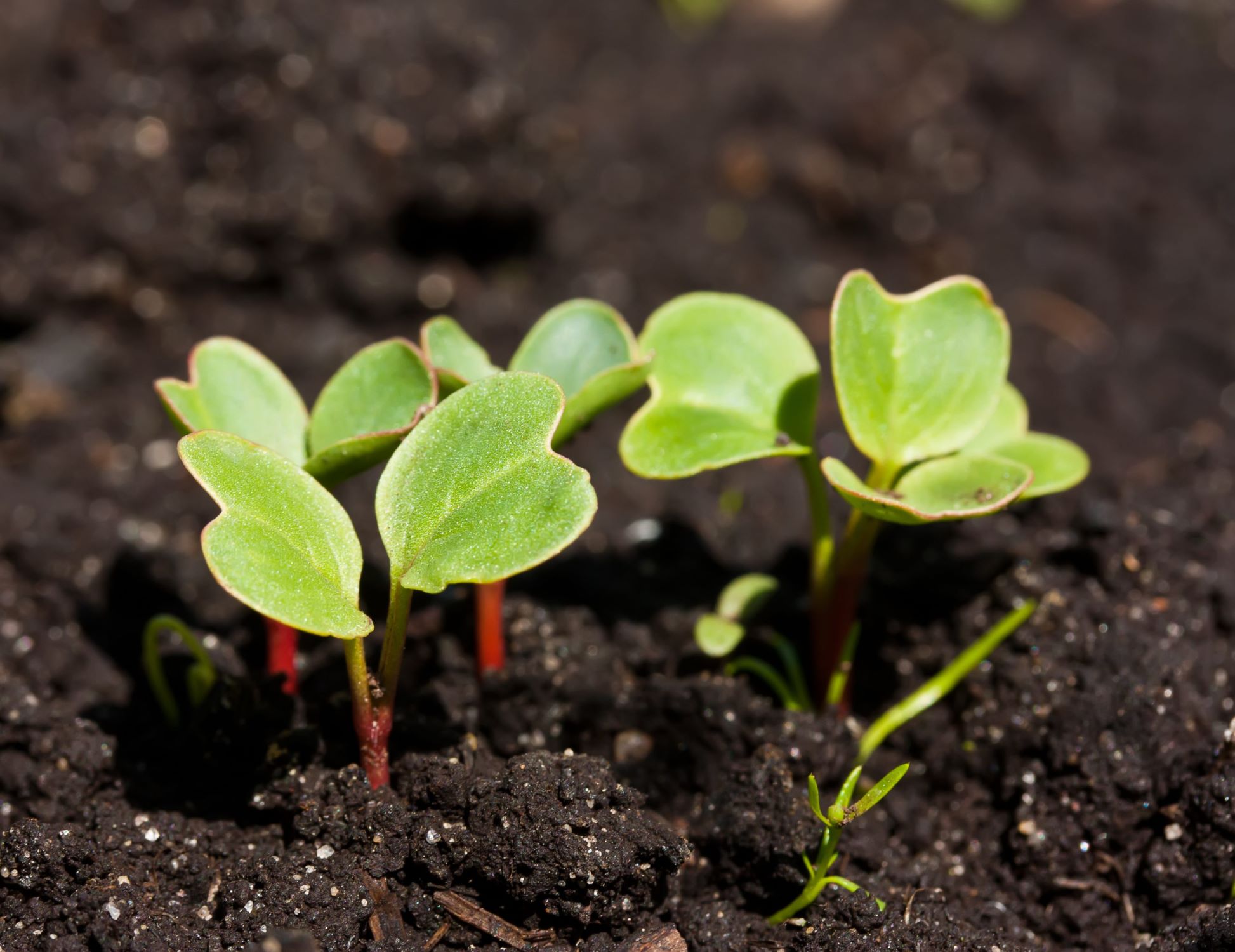
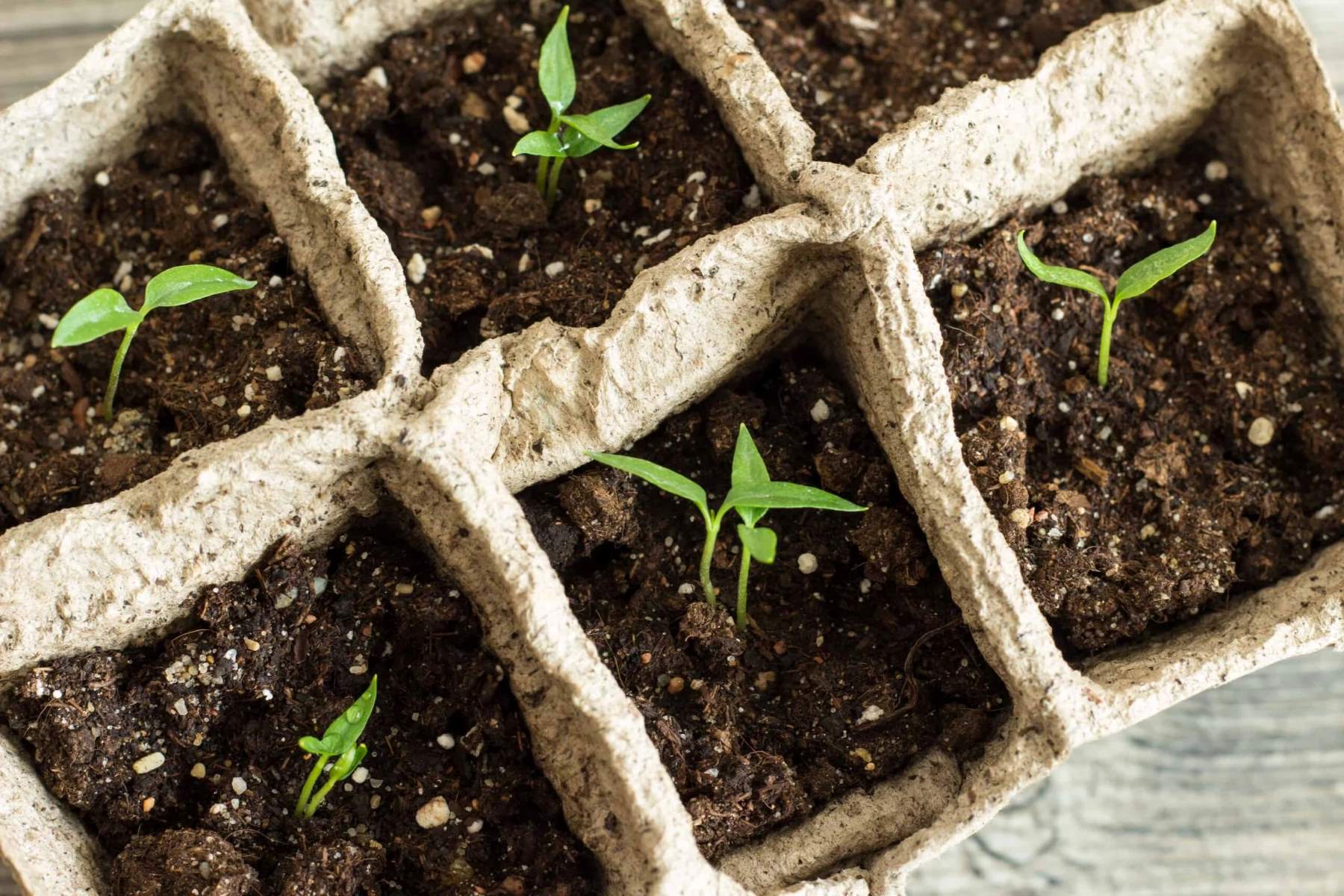
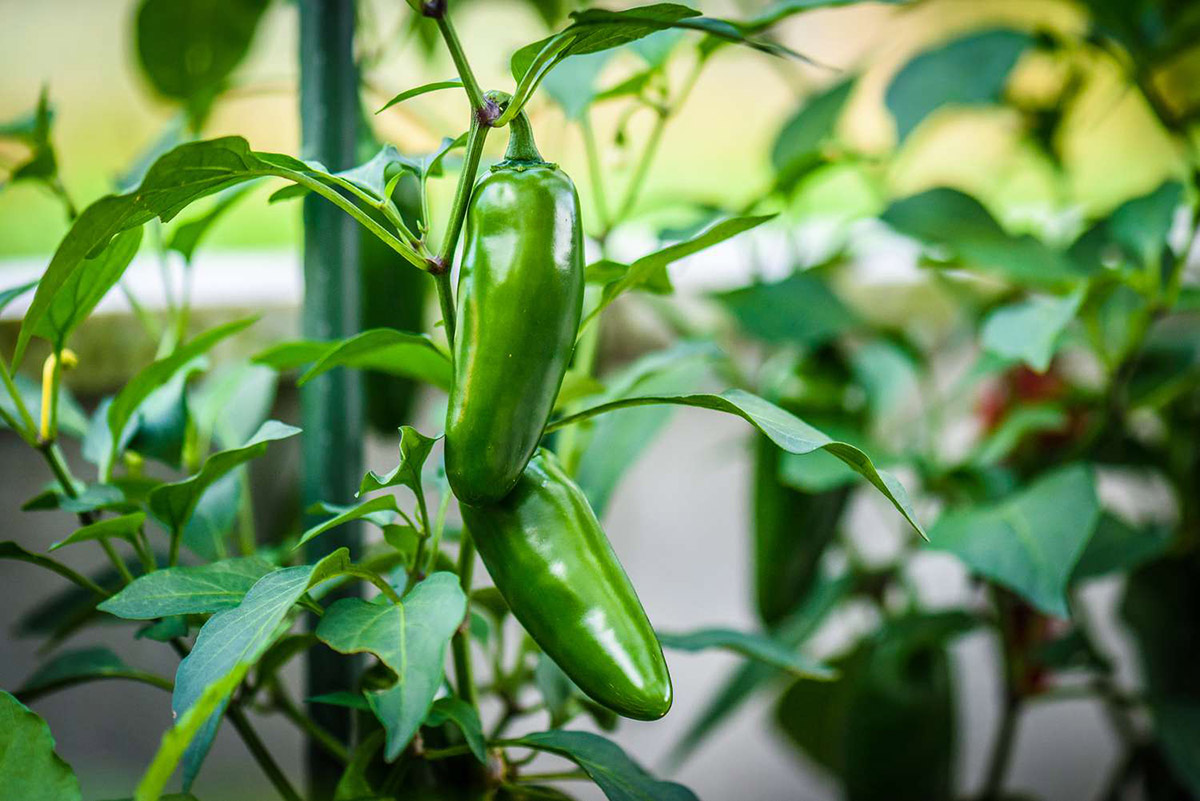

0 thoughts on “How Long Does It Take For Pepper Seeds To Sprout”